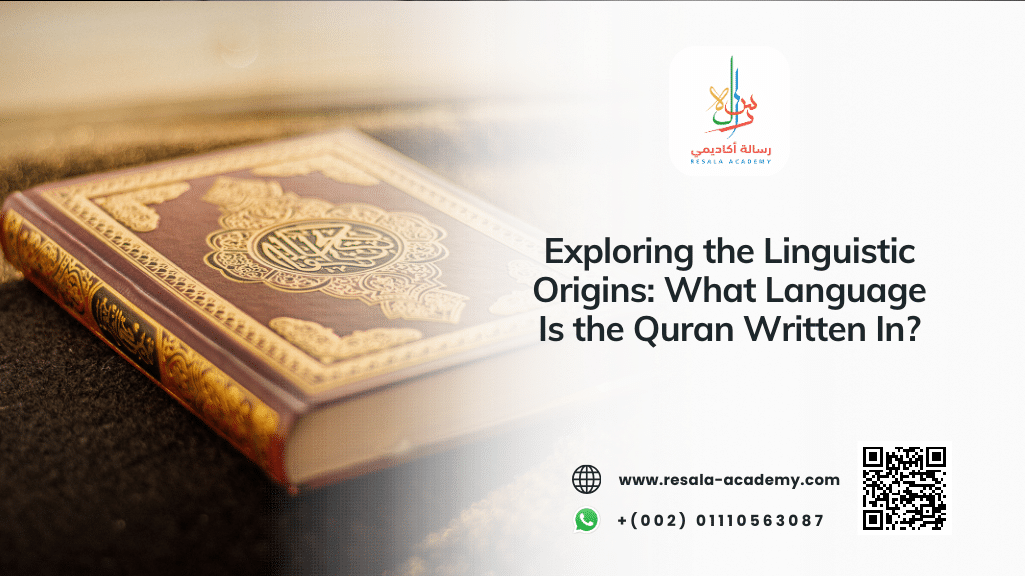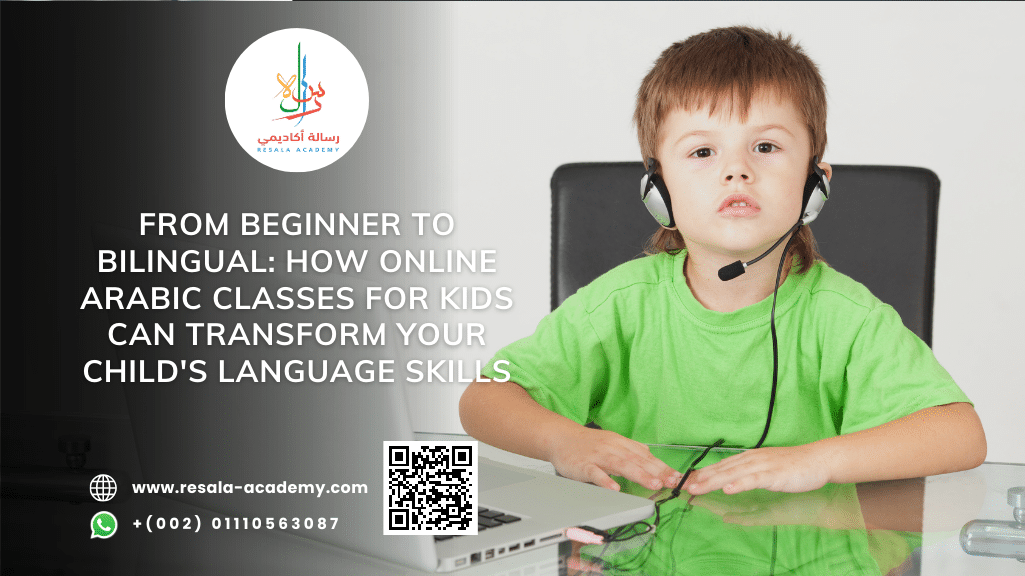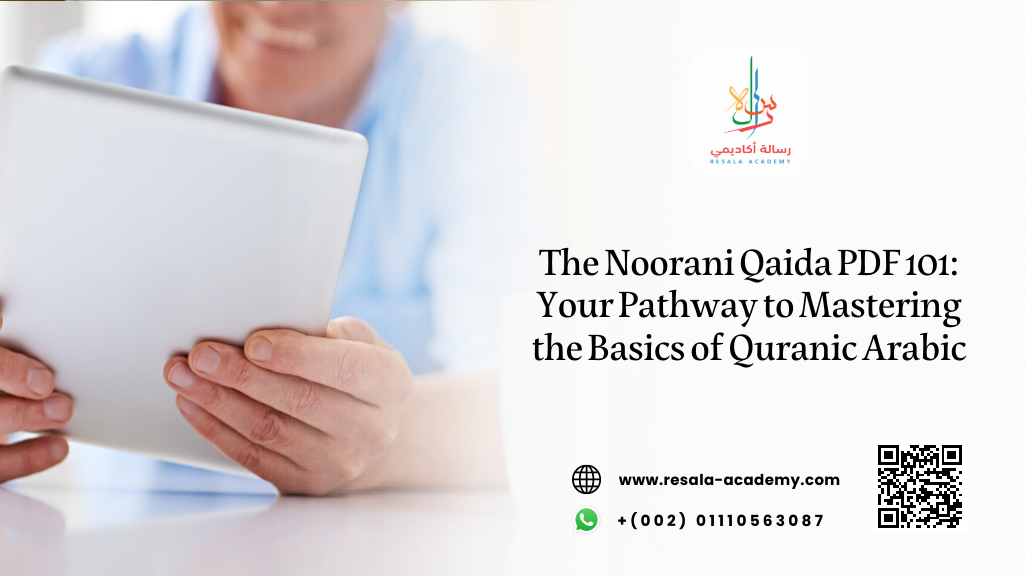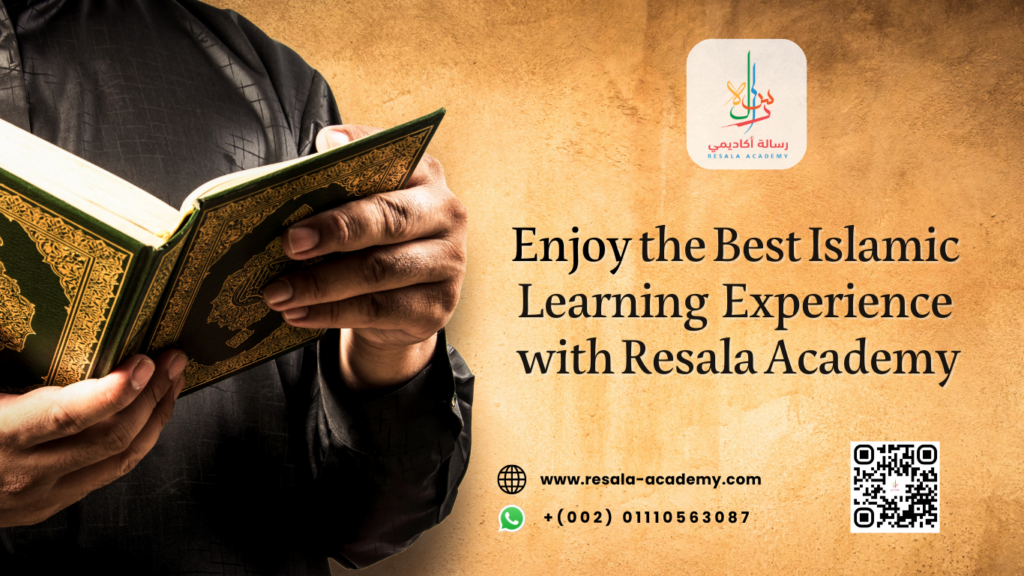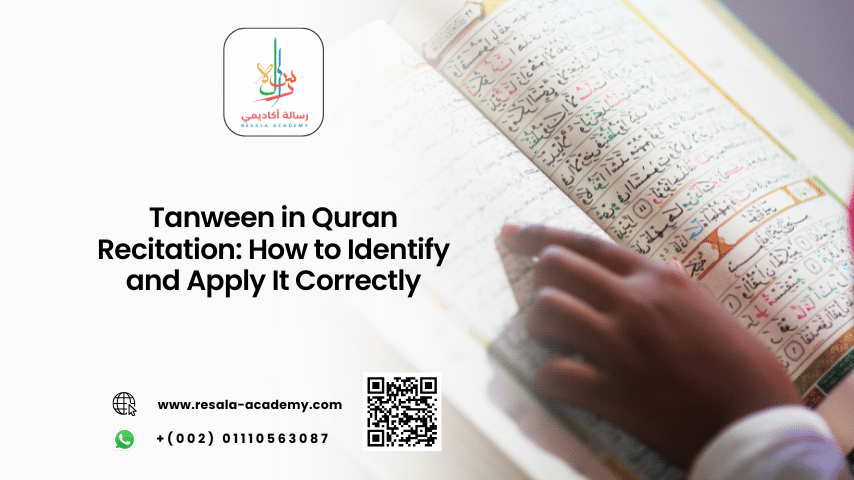Table of Contents
Exploring the Linguistic Origins: What Language Is the Quran Written In?
The Quran, considered the holy book of Islam, holds immense significance for millions of people worldwide. Its words and teachings have been a source of guidance and inspiration for centuries. But have you ever wondered What Language Is the Quran Written In?
Today, we’ll delve into the linguistic origins of the Quran and explore why language plays such a crucial role in its understanding and interpretation.
Whether you’re a student of religious studies or simply curious about different languages, join us on this journey as we unravel the fascinating world behind the language of the Quran! So let’s get started by uncovering which language serves as its foundation.
What Language Is the Quran Written In?
The language in which the Quran is written holds immense significance for Muslims around the world. The Quran was revealed to the Prophet Muhammad in Arabic, making Arabic the primary language of this sacred text. Arabic, with its rich history and linguistic nuances, serves as a vessel for conveying divine messages to believers.
Arabic has been hailed as one of the most beautiful and expressive languages globally, known for its poetic nature and intricate grammatical structure. Its precise vocabulary allows for nuanced interpretations of Quranic verses. Moreover, understanding Arabic helps believers comprehend the subtleties embedded within the text that may be lost in translation.
The origins of the Quran can be traced back to 7th century Arabia when it was compiled over approximately 23 years. The revelations received by Prophet Muhammad were eventually transcribed into written form under his guidance. These writings formed what is now known as the Holy Quran.
While translations play an essential role in making religious texts accessible to non-Arabic speakers, they cannot fully capture all aspects of the meaning present in the original Arabic version. Various challenges arise due to differences in grammar, syntax, cultural context, and even spiritual connotations between languages.
Understanding and reading the Quran in its original language fosters a deeper connection with Islamic teachings and spirituality. It allows individuals to delve into profound insights provided by scholars throughout centuries while appreciating linguistic intricacies unique to Arabic literature.
The Significance of Language in the Quran
Language plays a significant role in the Quran, serving as an essential medium through which Allah communicates His message to humanity. The choice of language is not arbitrary; it holds deep meaning and purpose.
Arabic, being the language in which the Quran was revealed, carries historical and cultural significance for Muslims worldwide. It connects them to their roots and strengthens their sense of identity as followers of Islam. Moreover, by preserving the original Arabic text, Muslims can ensure that the message remains pure and unaltered over time.
Understanding the Arabic language allows individuals to delve deeper into the nuances and intricacies of Quranic verses. By studying grammar rules, linguistic patterns, and rhetorical devices within Arabic literature, readers gain a more profound comprehension of Allah’s words. This enables them to grasp subtle meanings that might be lost in translation.
Additionally, recognizing the importance of language emphasizes reverence for the sacredness of scripture itself. The beauty and eloquence found within each verse contribute to its impact on believers’ hearts and minds. Through recitation or contemplation in its original form, believers establish a direct connection with Allah.
In conclusion, appreciating how crucial language is in conveying divine guidance helps us recognize why reading or reciting the Quran in its original Arabic form holds such immense value for millions around the world today. It maintains the Quran’s integrity, preserves its message, and ensures that the profound wisdom it holds remains accessible to all who seek guidance.
The History and Compilation of the Quran
Understanding the history and compilation of the Quran is crucial to appreciating its significance. The Quran, which Muslims believe to be the word of Allah as revealed to Prophet Muhammad through the Archangel Gabriel, was compiled over 23 years.
During Prophet Muhammad’s lifetime, his followers memorized and recited verses as they were revealed. These verses were also written down on various materials such as palm leaves, animal skins, and pieces of parchment. After he died in 632 CE, efforts were made to preserve these scattered writings into one unified book.
Under the guidance of Caliph Abu Bakr, a close companion of Prophet Muhammad, an official copy was compiled by collecting all available written fragments. This compilation process continued under Caliph Uthman ibn Affan around two decades later when he ordered standardized copies to be distributed throughout the Islamic empire.
Since then, no changes have been made to the content or language of the Quran. It remains in its original Arabic form without any alterations or translations considered equal to it.
Today, Muslims worldwide revere and study this ancient text with great devotion due not only to its religious significance but also because it provides insights into history and cultural practices during that period. Understanding how this sacred text came into existence helps us appreciate its profound impact on individuals and societies alike.
The Arabic Language and its Richness
The Arabic language is renowned for its richness and beauty. With a history dating back thousands of years, it has evolved into one of the most influential languages in the world. Its unique characteristics and intricate grammar make it an ideal medium for expressing complex ideas.
Arabic is a Semitic language that originated in the Arabian Peninsula. It belongs to a family of languages that includes Hebrew, Amharic, and Aramaic. The Quran, being written in Arabic, holds great significance for Muslims around the world as it is believed to be the literal word of God.
One notable aspect of Arabic is its vast vocabulary. It contains words for various concepts and emotions that may not have direct translations in other languages. This linguistic richness allows for precise expressions and adds depth to literature.
Another remarkable feature of Arabic is its calligraphy. The elegant curves and intricate designs give written Arabic a distinct artistic flair. Calligraphers spend years perfecting their skills to create visually stunning pieces that convey both meaning and beauty.
Furthermore, Arabic poetry has played a significant role in shaping Arab culture throughout history. Renowned poets like Al-Mutanabbi and Abu Nuwas are celebrated masters who have contributed greatly to this literary tradition.
The Arabic language’s richness lies not only in its extensive vocabulary but also in its calligraphy and poetic traditions. Its expressive nature makes it well-suited for conveying profound religious texts such as the Quran, as well as for artistic expression through poetry and calligraphy. As the language continues to evolve and adapt to modern times, it remains a cornerstone of Arab identity and culture.
Translations of the Quran
Translations of the Quran are an important tool for individuals who do not understand Arabic but still want to learn and study the teachings of Islam. With the global spread of Islam, translations have become essential in making the Quran accessible to people from diverse linguistic backgrounds.
There are numerous translations available in different languages, ranging from English and French to Urdu and Malay. These translations aim to convey the meaning of the Quran’s verses while staying true to its original message. However, it is crucial to note that translating any text, especially one as complex as the Quran, comes with its own set of challenges.
Due to differences in syntax and grammar between Arabic and other languages, some nuances may be lost in translation. The beauty and eloquence inherent in Arabic can be difficult to capture accurately in another language. Additionally, certain concepts or words may not have direct equivalents in other languages, leading translators to make interpretive choices.
Furthermore, each translator brings their own biases and understanding when interpreting the Quranic text. This means that different translations may vary slightly in their interpretation or emphasis on certain verses. Therefore, readers of translated versions should consult multiple sources for a broader understanding.
Despite these challenges, translations play a vital role in allowing non-Arabic speakers access to the Quran and its teachings. They serve as a starting point for individuals to gain an understanding of Islam’s principles and values and can act as a bridge between different cultures and languages.
Moreover, translations have also been instrumental in spreading the message of Islam globally. The widespread availability of translated versions has allowed for non-Arabic speakers to engage with the Quran, leading to a deeper appreciation and understanding of the religion.
However, it is essential to remember that translations are not a replacement for learning Arabic, which is considered the language of the Quran. As stated in the Quran itself (Quran 12:2), it is a book revealed in clear Arabic for people who understand. Learning Arabic can provide a more profound understanding of the text and allow readers to connect with it on a deeper level.
In conclusion, translations of the Quran play an important role in making its teachings accessible to people from diverse backgrounds. While they may have their limitations, they serve as valuable tools in spreading the message of Islam and promoting intercultural understanding. However, it is crucial to consult multiple sources and strive to learn Arabic to fully appreciate the beauty and depth of the Quranic text.
Challenges and Nuances of Quran Translation
Translating the Quran, the holy book of Islam is a task that comes with its own set of challenges and nuances. The Quran was originally written in Arabic, which means that translating it into different languages requires careful consideration.
One of the main challenges of Quran translation lies in preserving the richness and depth of the original text. The Arabic language used in the Quran contains unique linguistic features and intricate wordplay that can be difficult to fully capture in other languages. Translators often face difficulties finding equivalent words or phrases that convey the same meaning and impact.
Another challenge is maintaining accuracy while adapting to cultural differences. Certain concepts or idiomatic expressions may not have direct equivalents in other languages, leading translators to make choices based on context and interpretation. This can sometimes result in varying interpretations among different translations.
The nuanced nature of certain verses also poses a challenge for translators. The Quran contains allegorical language, metaphors, and historical references that require deep understanding and contextual knowledge to accurately translate. Different scholars may interpret these nuances differently, adding another layer of complexity to translation efforts.
Despite these challenges, translating the Quran has been instrumental in making its teachings accessible to people around the world who do not speak Arabic fluently or at all. It allows individuals from diverse backgrounds to gain access to its timeless wisdom and guidance.
The Importance of Reading the Quran in Arabic
Reading the Quran in its original language, Arabic holds immense importance for Muslims around the world. It is believed that Arabic is not only the language of the Quran but also the language spoken by Prophet Muhammad during his revelations. Therefore, understanding and reciting it in its pure form allows for a deeper connection with Allah and a better grasp of its intended meaning.
By reading the Quran in Arabic, one can truly appreciate its eloquence and beauty. The poetic nature of its verses shines through when experienced in their original linguistic form. The nuances and subtleties unique to Arabic add depth to the messages conveyed within each verse, enhancing comprehension and spiritual resonance.
Furthermore, while translations serve as valuable tools for non-Arabic speakers to gain access to Islamic teachings, they inevitably fall short at times due to linguistic limitations. Translations may inadvertently alter meanings or fail to capture certain intricacies present in the original text. Thus, reading directly from an authentic Arabic copy ensures accuracy and avoids any potential misinterpretation.
Reading the Quran in Arabic provides a profound spiritual experience that cannot be fully replicated through translations alone. It allows individuals to connect with Allah on a deeply personal level while immersing themselves in rich linguistic traditions dating back centuries.
Resala Academy Offers Online Quran Classes
Resala Academy is a leading online platform that offers Quran classes for individuals seeking to deepen their understanding and connection with the holy book. With a team of experienced and qualified instructors, Resala Academy provides comprehensive and engaging courses designed to cater to learners of all levels.
The academy’s online Quran classes are conducted in a virtual classroom setting, allowing students from around the world to participate in interactive learning sessions. Through live video lessons, students have the opportunity to engage with their instructors, ask questions, and receive personalized guidance throughout their learning journey.
Resala Academy offers a range of courses aimed at different age groups and proficiency levels. From basic Quran recitation to advanced tafsir (interpretation) studies, there is something for everyone. The curriculum is carefully structured to ensure gradual progression and mastery of essential concepts such as Arabic grammar, Tajweed (proper pronunciation), memorization techniques, and more.
One of the unique aspects of Resala Academy’s online Quran classes is its flexible scheduling options. Students can choose from various class timings that suit their individual routines or time zones. This flexibility allows busy individuals or those residing in different regions to conveniently access high-quality Quran education without any geographical constraints.
Whether you are a beginner looking to start your journey with the Quran or an intermediate learner aiming for deeper comprehension, Resala Academy provides an accessible platform where you can enhance your knowledge and spirituality through well-structured online Quran classes led by expert instructors.
FAQs
1. Is the Quran written in Arabic?
Yes, the Quran is written in Arabic. The original text of the Quran was revealed to Prophet Muhammad in Arabic during the 7th century.
2. Can I read or understand the Quran if I don’t know Arabic?
While translations are available, it is important to note that reading and understanding the Quran in its original language, Arabic, is highly valued by Muslims worldwide. Translations can help non-Arabic speakers gain a basic understanding of their message but may not capture all nuances and poetic beauty present within the original text.
3. Are there different versions or interpretations of the Quran?
No, there are no different versions or interpretations of the Quran itself. However, scholars have provided explanations and interpretations known as tafsir to help readers better understand certain verses.
4. How long does it take to learn Arabic well enough to read and understand the Quran?
The time required depends on various factors such as dedication, learning method, prior knowledge of related languages like Urdu or Persian, etc. With consistent effort and guidance from qualified teachers at Resala Academy’s online classes for adults and children alike – you can make progress at your own pace.
Conclusion
The Quran is written in the Arabic language. This ancient and rich language holds immense significance in the Islamic faith, as it is believed to be the exact words of Allah revealed to Prophet Muhammad (peace be upon him). The history and compilation of the Quran further highlight its importance as a divine scripture.
While translations of the Quran exist in various languages, they cannot fully capture the depth and nuances of the original Arabic text. The challenges involved in translating such a sacred book are numerous, making it crucial for individuals to strive towards reading and understanding the Quran in its original form.
If you are interested in learning more about Islam or studying the Quran, Resala Academy offers online Quran classes that cater to learners from all backgrounds. Whether you are a beginner or looking to deepen your knowledge, these classes provide an opportunity to explore this holy scripture with under-qualified teachers.
Remember, gaining insight into the linguistic origins of the Quran not only enhances our understanding but also strengthens our connection with our faith. Let us delve deeper into this profound text and embrace its wisdom through dedicated study and reflection.
